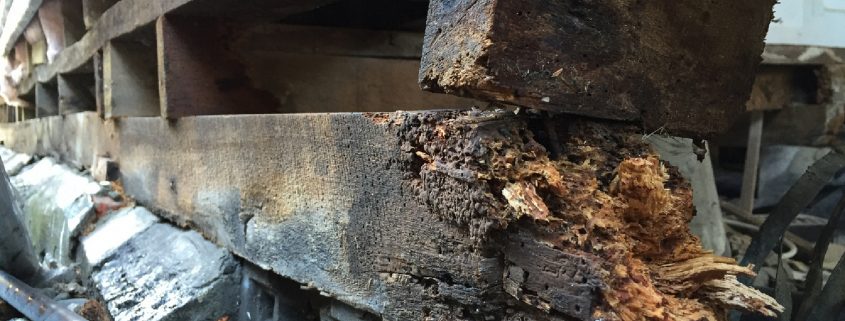The importance of Pre-purchase Building inspections
A Pre-Purchase Inspection otherwise known as a Property Condition Report is one of the most important things to consider when purchasing property. After all, it is one of the biggest financial commitments many of us will make in our lives.
Purchasing your dream property without a Pre-purchase inspection may severely limit your ability to claim damages in the event the property reveal’s any nasty surprises.
So why should you engage the services of a qualified building inspector.
A Pre-Purchase Property inspection ensures you know exactly what you are buying into and provides you with the information you require to make well-informed decision’s.
A Pre-Purchase inspection is an in depth visual inspection of a property, ideally conducted by a qualified building inspector.
It is important the report is carried out in accordance with NZS4306:2005. This sets out the minimum standard of inspection, competency, and reporting levels required to ensure you are covered if you need to seek damages.
A good report will detail the following:
- Site features – Driveways, paths, fences, retaining walls, site drainage, service supply’s etc.
- Exterior Elevations – Detailed description of each elevation including cladding materials, penetrations and attachments, ground clearance, high risk weathertight details.
- Roof Covering – Material type, penetrations and attachments, fascias, soffits, rain water systems.
- Roof space – Construction, material, access, insulation, roof covering underlay, roof space services.
- Foundation – Construction, material, access, connections, ground clearance, insulation, ventilation, subfloor services.
- Internal Rooms and Services – Layout and location, material, electrical fittings, internal joinery, non invasive moisture testing.
- Certificate of Inspection – This is a two page document confirming the inspection has been carried out to NZS4306:2005.
The report should outline any significant defects that have been discovered such as visible timber decay, rising damp, undersized framing members, signs of differential settlement, hazardous electrical wiring, signs of moisture ingress or illegal building works.
Verbal Inspections are risky and should be avoided. Generally they are not covered by Insurers. A Verbal inspection ultimately leaves you at risk, with no written evidence of the inspection findings should things go pear shaped. This may leave you in a “he says, she says” situation. Most reputable Inspection company will not offer Verbal Inspections.
Currently in New Zealand the Pre-Purchase Building Inspection industry is unregulated.
You must be sure you ask the appropriate questions when choosing the right business to carry out your inspection. You want to know who the individual carrying out the inspection is and what qualifications and relevant industry experience the individual has.
We recommend at minimum you choose an inspector who is a Trade Qualified Licensed Building Practitioner, although specialist qualifications from organisations such as The New Zealand Institute of Building Surveyors or The Building Officials Institute of New Zealand hold greater bearing.
Your Inspector should be completely impartial, someone with no emotional attachment to your situation. The inspector should have no financial interest in defects or repairs, providing quotes or offering to repair defects can be considered a conflict of interest and one best avoided.
A smart investment begins with the your due diligence, so be sure you seekprofessional Building Inspection company can provide.





